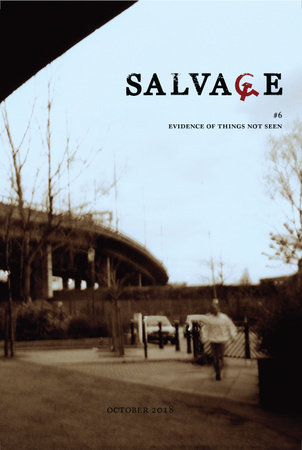Salvage #6: Evidence of Things Not Seen
by
multiple authors
(editors)
Salvage #6: Evidence of Things Not Seen
by
multiple authors
(editors)
Like that of Vico, Jewish history-telling is cyclically tragic. From Biblical Egypt to Weimar Germany, in our own narratives times of comfort and joy for Jews were always the augurs of misery to come – the higher the summit, the further the fall. In most of the world, we live now in good times. Anti-Semitism in the twenty-first-century Jewish imaginary is therefore located in the past and in the future, as spectral. Worries about anti-Semitism are almost universally anxieties about what happened long ago read as a warning about what might happen next. [...]
Such an approach licenses paranoia. [...] if fears are future-oriented – as in the case of anti-Semitism – no amount of material comfort and social respect for Jews can allay them. The better things get, the worse they might get. Clearly this is a route to madness, so its kernel of truth is troubling and frustrating. The narrative is not easily dismissed. It is true that times of Jewish security and prosperity have often summoned anti-Semitism, which tells us something important about the anti-Semitic worldview.

